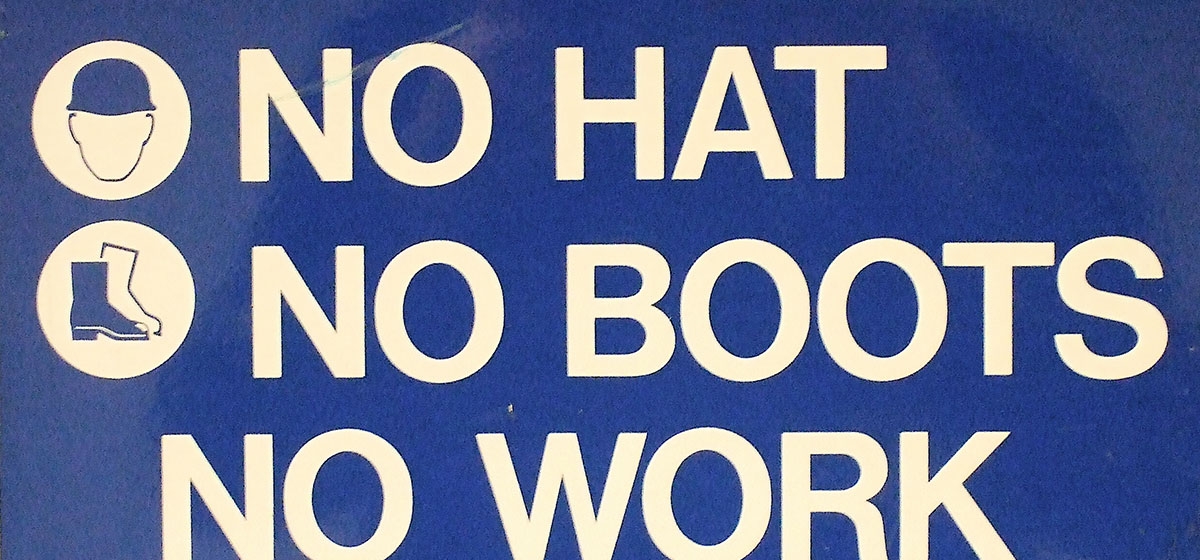On Karoshi, Part III

As noted in my last several posts, Japanese salarymen worked long hours without overtime pay for a selfless reason: to pull their defeated country up by its bootstraps. And they succeeded wildly. By 1978 Japan had surpassed Germany to become the world’s second-largest economy, a position it held until it was pushed down to third by China in 2012. (But of course China’s population is 10 times Japan’s.)
Unfortunately, with success didn’t come the end of the brutal salaryman hours. Why not? I’m no expert on the Japanese labor economy, but it seems likely that Japan’s large corporations had become hooked on all that free labor. And without unions to argue their case, the salarymen had no leverage. The percentage of Japanese GDP that went to capital rather than labor rose inexorably. And the men—and, increasingly, women and young people—continue to die.
The phenomenon of karoshi led me to ponder what’s been happening with our own economy. In America, workers don’t die karoshi-style—death by overwork—but anti-karoshi-style: death by underwork. Suicide is on the rise in America, growing 24% over the past 15 years according to the Centers for Disease Control. But among middle-aged men—the demographic most harmed by globalism and the Financial Crisis and the demographic most subject to karoshi in Japan—suicide increased 43%. American males kill themselves at a pace three times as often as American women, but the ladies seem determined to catch up: suicide among middle-aged white women rose 63% (albeit from a small base).
What’s going on here? After World War II, labor in America went on a tear, improving its share of GDP almost every year and peaking in the 1970s at an all-time high. The reason was that, unlike Japan’s salarymen, American workers had unions. Every large American economic sector was heavily unionized and was controlled by industry-wide (not company-wide) unions: autos (UAW), steel (USW), trucking (Teamsters), coal (UMW) and so on. The unions collaborated through organizations like the AFL-CIO, something that would have been illegal for corporations to do.
But America paid a big price for the huge tilt in favor of labor: American goods became overpriced and uncompetitive. High wages and rigid work rules looked good to the unions, but they caused American industry to shrivel, and as industry shriveled so did the jobs and so, ultimately, did the unions. Germany and Japan began to eat our lunch, and it’s a damned good thing that China hadn’t yet introduced free market ideas into its economy or there wouldn’t have been any American lunch for anybody to eat.
But if, in a free market economy, an over-tilt towards labor invariably leads to economic decline, an over-tilt towards capital invariably leads to political turmoil. We saw this during the Great Depression and we’re seeing it again today in such phenomena as Brexit, Trump and the rise of populist movements all over the developed world.
By the 1990s, with unions in wholesale retreat, capital was rapidly increasing its share of American GDP, and today capital’s share stands at an all-time high. If something isn’t done—it should have been done two decades ago at least—we will someday look back on the Donald Trump Administration as a paragon of moderation.
More than a few of us might have wished for a different candidate to champion the interests of working people, but the more I think about it the more I’m not sure that it could have happened any differently. Who could have said and done and proposed the things that Trump did—over and over—and gotten away with it? No one on the left, of course, where the slightest hint of Political Incorrectness is death. And no one on the right, because every conservative candidate owed his or her soul to big-moneyed backers who couldn’t tolerate public scandal.
Horrified as many have been by Trump’s election, maybe we should leave off with the whining and thank our lucky stars that, whether or not we like the way it happened, the American political process, after decades of decay, is finally starting to work. As Francis Fukuyama put it recently in Foreign Affairs:
“Two years ago I argued in these pages that America was suffering from political decay… In fact, however, the turbulent [Presidential] campaign has shown that American democracy is in some ways in better working order than expected. Whatever one might think of their choices, voters have flocked to the polls in state after state and wrested control of the political narrative from organized interest groups and oligarchs…The real story of this election is that after several decades, American democracy is finally responding to the rise of inequality and the economic stagnation experienced by most of the population.”
It’s entirely possible that the Trump Administration will implode. But if it doesn’t, there’s a chance that the share of GDP going to labor and capital will right itself. And not a minute too soon.
Next up: Is Everything that Didn’t Work Worthless?





